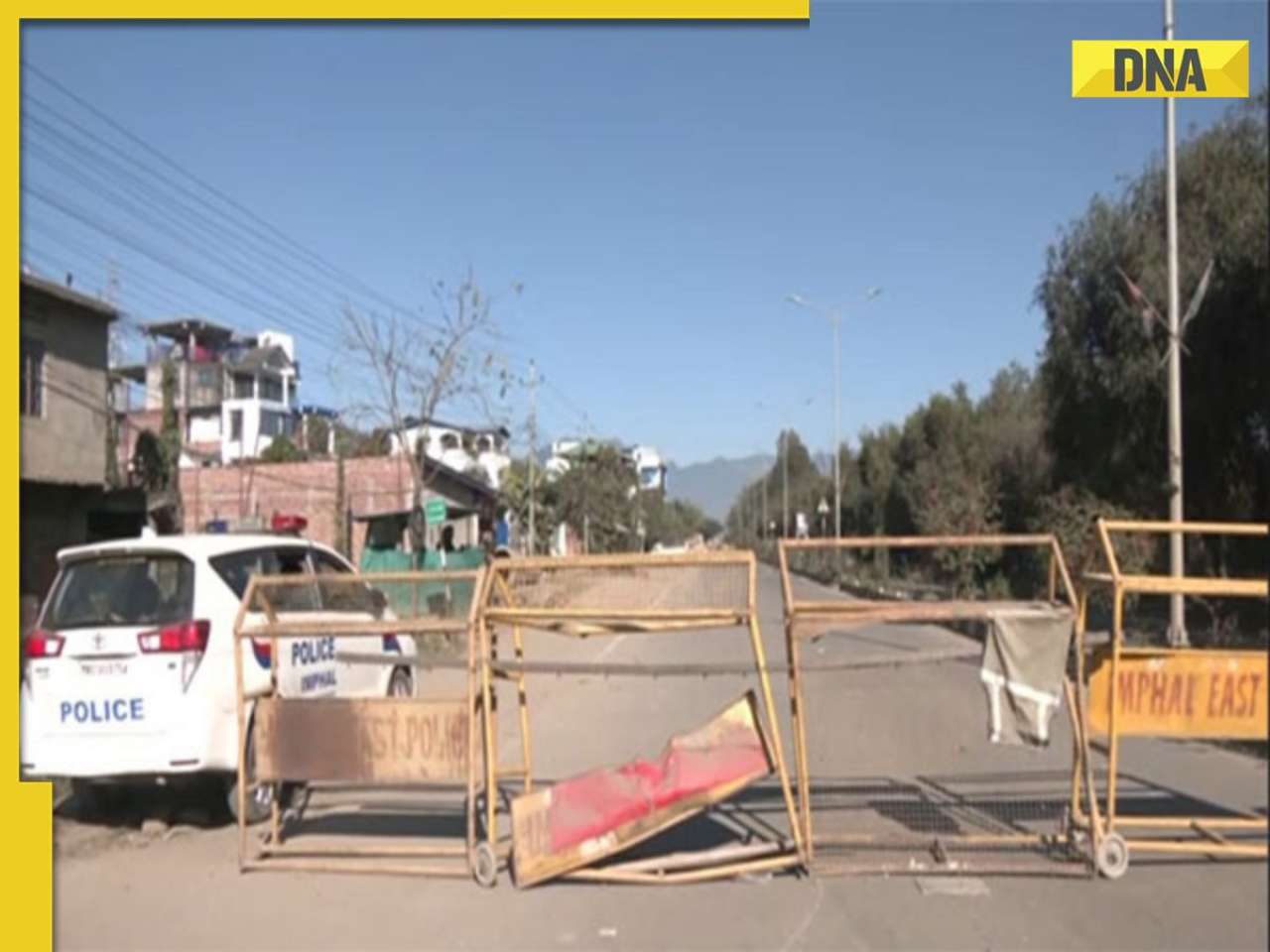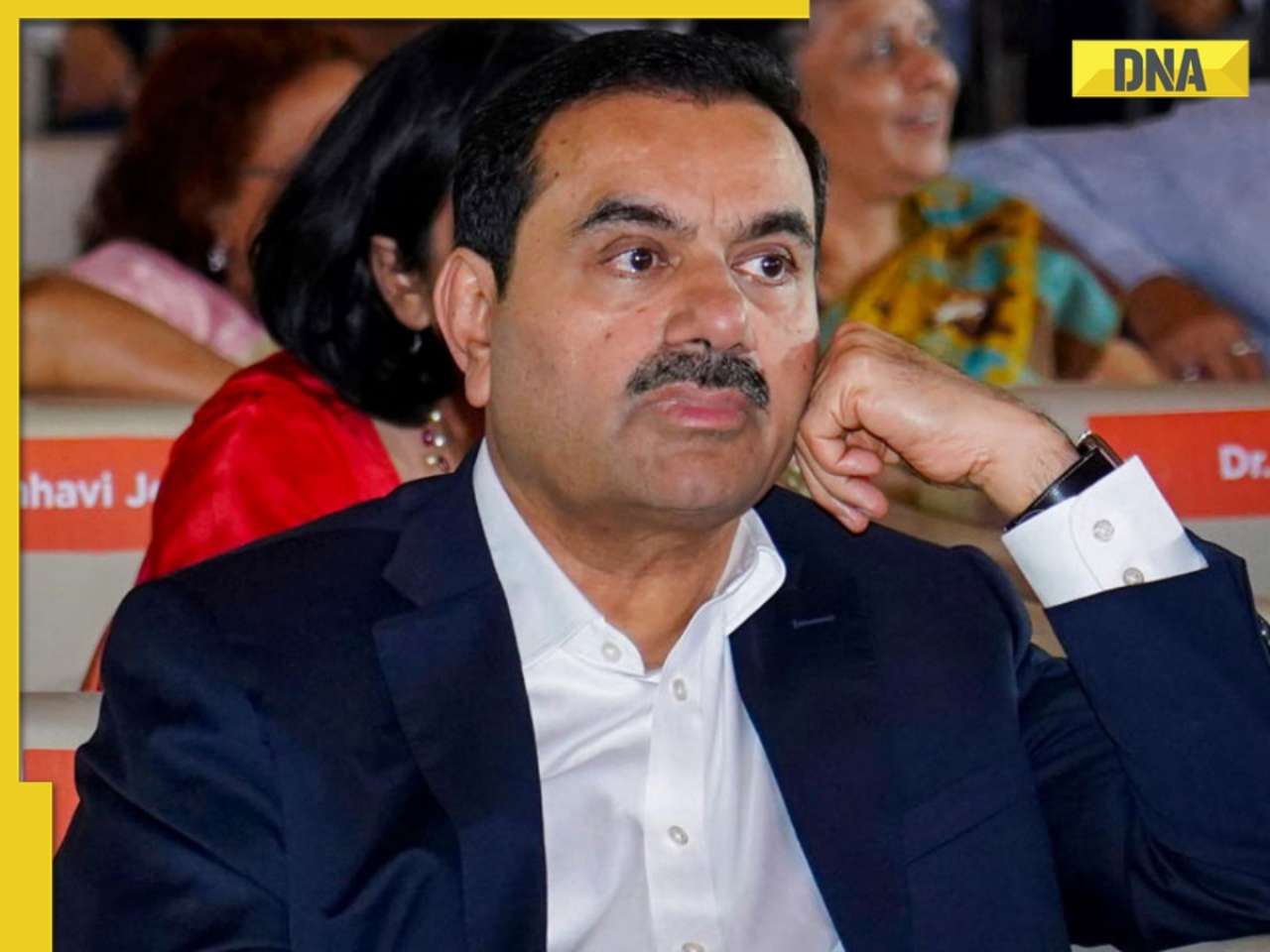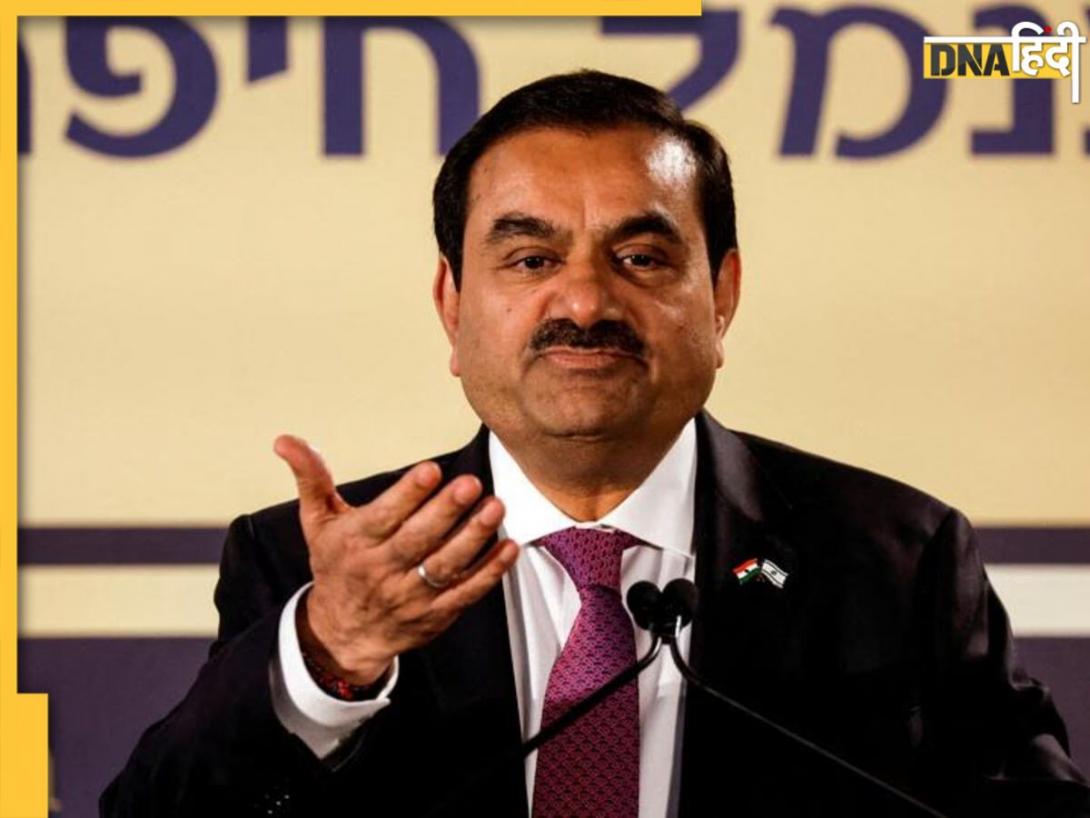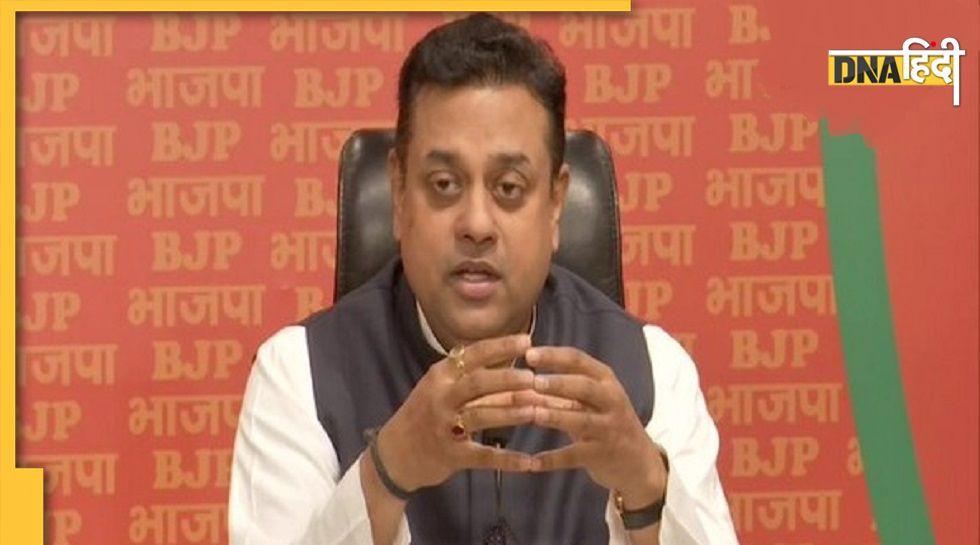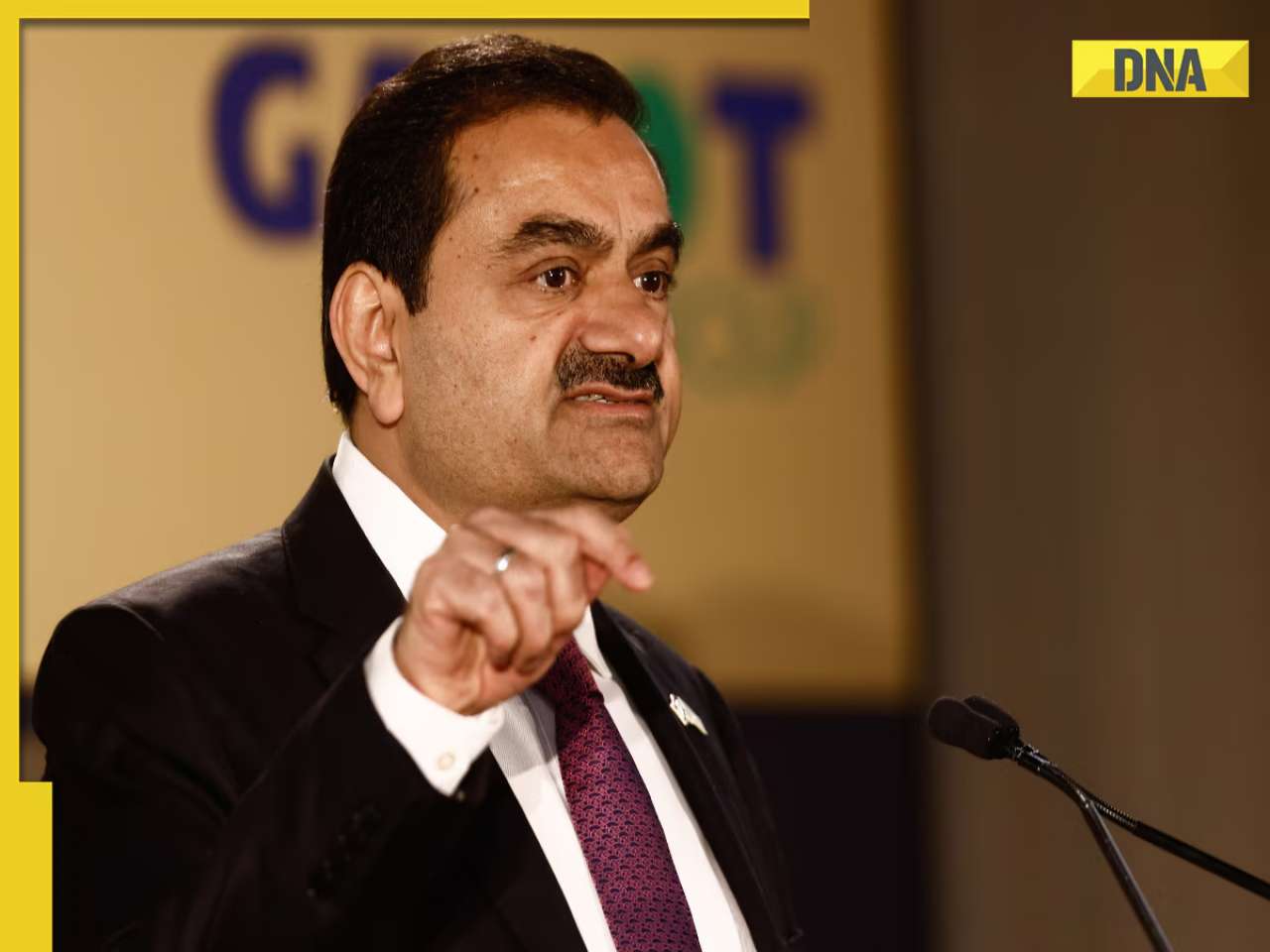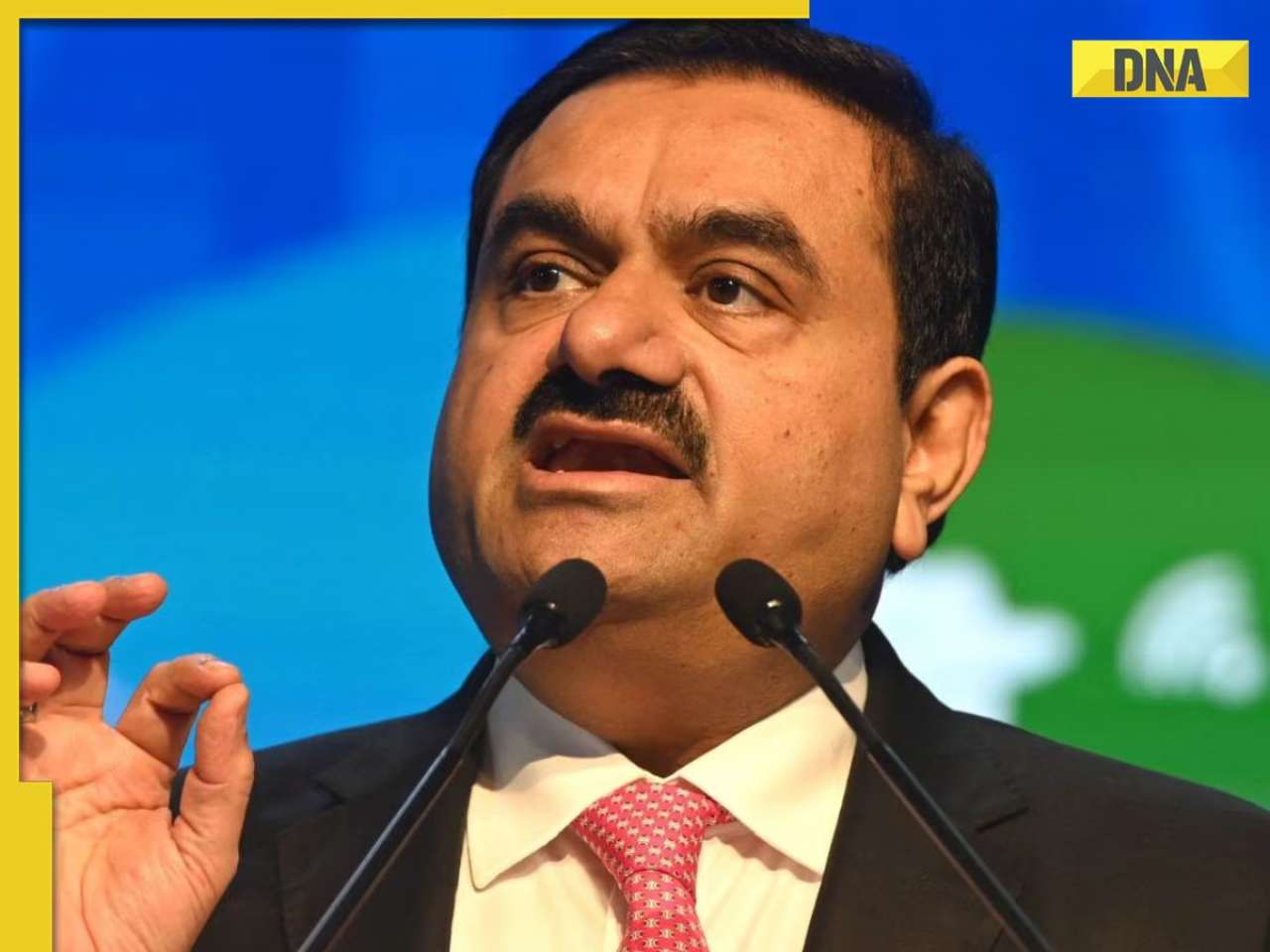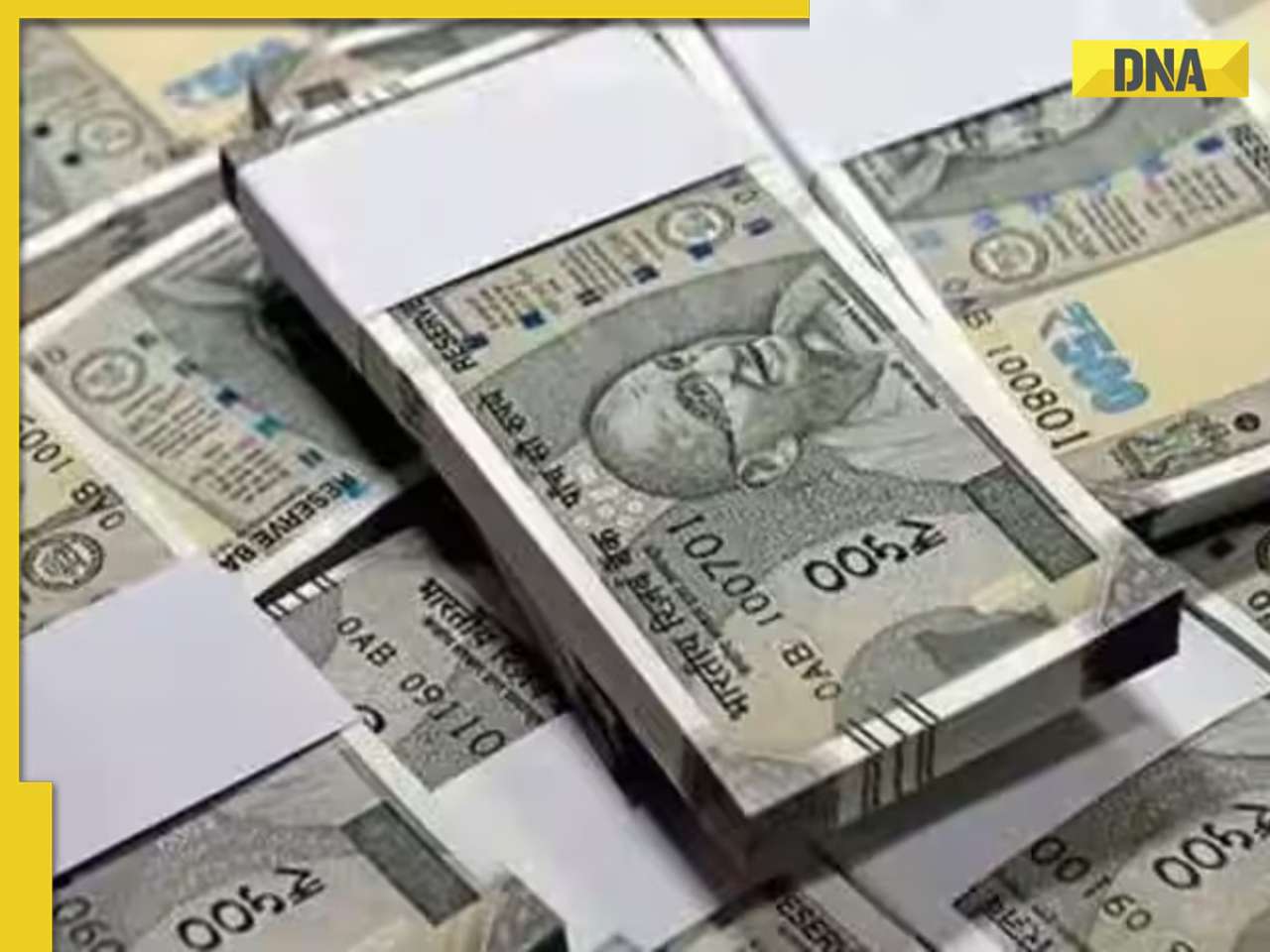- LATEST
- WEBSTORY
- TRENDING
WORLD
This country to roll out plastic currency, including Rs 5000 notes, with advanced security features in...
This country will replace all paper currency with polymer plastic notes by December 2024 to combat counterfeiting and improve durability.
TRENDING NOW
Pakistan, which is currently grappling with an economic crisis, has made a significant decision regarding its currency. The country plans to replace its paper banknotes with polymer plastic notes, a move that mirrors India's demonetization but will be implemented differently. This decision has been announced in advance to give the public ample time to prepare for the transition.
New plastic notes to replace paper currency
Governor Jameel Ahmed of the State Bank of Pakistan announced that all paper currency in circulation will be replaced with polymer plastic notes by December. The primary goal of this initiative is to combat the issue of counterfeit currency. These plastic notes, which are known for being difficult to replicate, will provide enhanced security and longevity compared to traditional paper notes.
Redesigned with advanced security features
Jameel Ahmed explained to a Senate committee that the new plastic notes will be completely redesigned and will include advanced security features, such as holograms. The new notes will be issued in denominations of Rs 10, 50, 100, 500, 1000, and 5000. Importantly, the transition will be gradual. The old paper notes will remain in circulation for up to five years before being slowly phased out, giving people time to adjust to the new currency.
Learning from global practices
Pakistan is following in the footsteps of 40 other countries that currently use polymer plastic banknotes. Australia was the first country to introduce such notes back in 1998. These notes are praised for their durability and resistance to counterfeiting, making them a reliable option for modern economies. The State Bank of Pakistan is currently experimenting with these polymer notes, and if public feedback is positive, all notes will eventually be made from plastic.
Controversy over Rs 5000 note
In addition to the introduction of plastic currency, there has been some debate in Pakistan over the Rs 5000 note. Despite allegations that this high-denomination note facilitates corruption, Governor Jameel Ahmed confirmed that the Rs 5000 note will continue to be in circulation. He emphasized that the country still needs this high-value note for practical purposes, despite concerns raised by some Senate members like Mohammad Aziz, who argued that such large denominations make it easier to conduct illegal activities.
In summary, Pakistan's move to introduce polymer plastic notes is a major step in combating counterfeit currency and modernizing its financial system. The gradual phase-out of paper notes, along with the introduction of redesigned and more secure plastic currency, reflects a strategic approach to enhancing the country's economic stability.
The DNA app is now available for download on the Google Play Store. Please download the app and share your feedback with us.
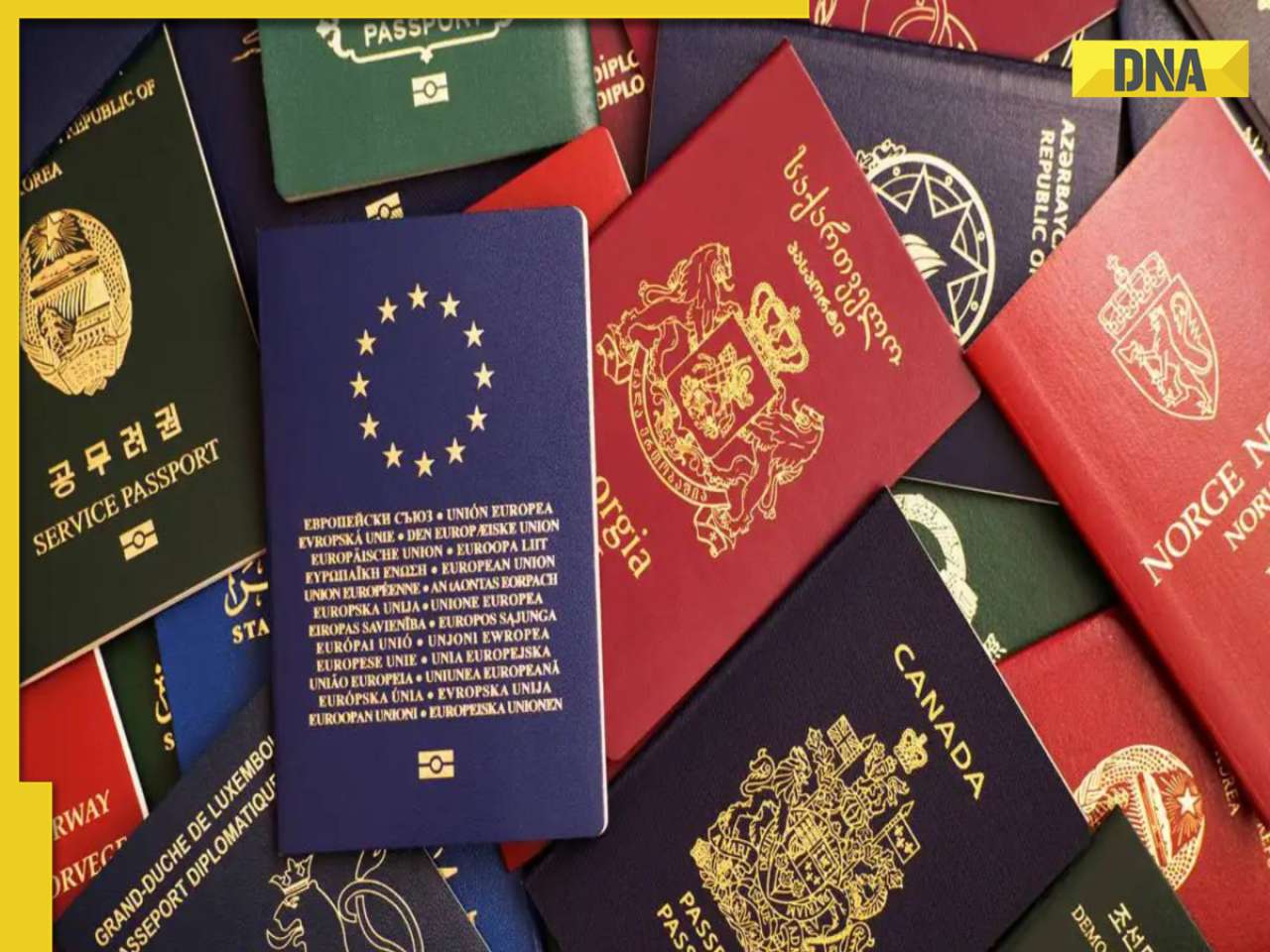






)
)
)
)
)
)
)
)
)
)
)
)
)
)
)
)





